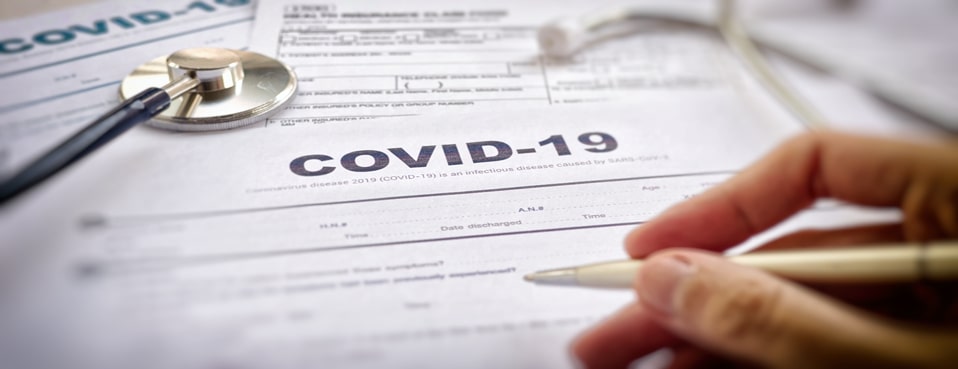Investors looking to defer all capital gains have long looked to the tax benefits of the 1031 exchange. But there are scores of myths and misunderstandings surrounding this Internal Revenue Service (IRS) code, and major changes to the provision passed in 2017 severely limit what it can be used for. Then again, it may make sense for clients who haven’t yet taken advantage of a 1031 exchange to consider doing so now.
Real estate, mineral, and personal property exchanges can all benefit from a 1031 swap, notes real estate and taxation attorney Greg Lehrmann. But don’t think you can just waltz into one, he adds: You should first understand how much tax can be deferred, the difference between improvement and reverse exchange, and how to ensure the exchange is done right. Lehrmann covers these issues and how to best advise clients in his Eli Financial webinar, “Benefits of the 1031 Exchange: Improved Exchanges, Reverse Exchanges, and More.”
The 1031 Exchange: What It Is & How to Use It
Section 1031 provides an exception to gains and allows you to postpone tax payments on the gain if you reinvest the proceeds in a similar property or qualifying like-kind exchange, the IRS notes.
“The exchange can include like-kind property exclusively or it can include like-kind property along with cash, liabilities and property that are not like-kind,” the agency explains. “If you receive cash, relief from debt, or property that is not like-kind, however, you may trigger some taxable gain in the year of the exchange. There can be both deferred and recognized gain in the same transaction when a taxpayer exchanges for like-kind property of lesser value.”
There’s a big incentive to using a 1031, explains Investopedia: Miss out, and you could be looking at a short-term or long-term capital gains tax of 10-37%.
Those who can qualify for a 1031 exchange include owners of investment or business property such as:
- Individuals
- C corps
- S corps
- General or limited partnerships
- Limited liability companies
- Trusts
- Any other taxpaying entity
Key Rule: Properties Must Qualify for a ‘Like-Kind Exchange’
Implicit in the deferment is that the properties must meet certain requirements—primarily that they be used in a trade or business or for an investment and that they qualify as “like-kind.” (Since capital gains are no longer paid on primary residences, property for personal use does not qualify.)
Like-kind property, notes Investopedia, must be:
- used for business or as an investment; and
- within the United States.
Like-kind exchanged changed a lot with passage of the new tax bill in 2017, adds Investopedia: The previously less-stringent rules could include swapping one business for another or even tangible property such as artwork or heavy machinery.
While 1031 exchange tax benefits can save clients huge amounts of money, says Lehrmann, make sure you and your clients understand what does and does not qualify before making any major decisions. In his webinar, Lehrmann discusses the prerequisites to qualify, entity issues, exchange time frames, and other legalities you’ll need to know to navigate 1031 exchanges and advise clients appropriately.



